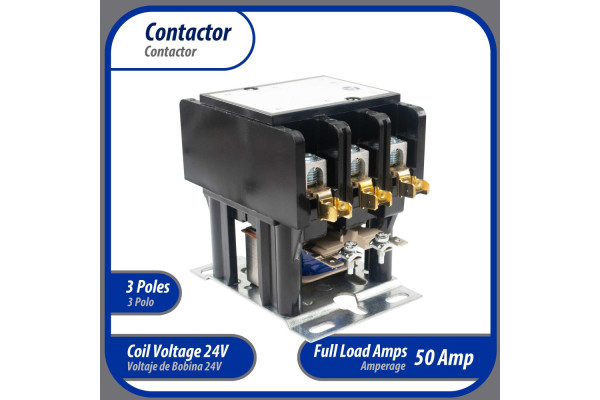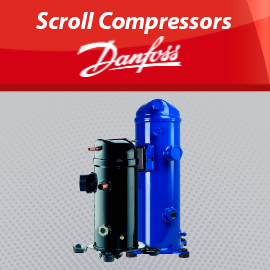
Understanding AC Contactors: The Essential Guide
Do you know what an AC contactor is and what it does? If you have ever wondered how your air conditioner works, then it’s likely that you’ve heard about AC contactors. But what exactly are they, and what function do they serve? In this blog post, we will delve into the world of AC contactors, their purpose, and how they work.
AC contactors are devices used in electrical circuit systems to switch high voltage loads on and off. They are used in air conditioners, refrigerators, and other electrical devices that require a significant amount of power to operate. AC contactors consist of three main components: the contacts, the coil, and the housing. The housing is made from insulating material to protect the contacts and the coil from environmental factors. The contacts are responsible for connecting and disconnecting the electrical circuit and the coil draws sufficient electrical current to energize the contacts.
AC contactors are used in air conditioning units to switch current from the compressor to the fan motor inside the home. When the thermostat calls for cool air, the contactor closes the circuit, allowing current to flow from the compressor to the fan motor. This function is vital because, without it, the air conditioning unit would not work efficiently. However, contactors, like all machines, occasionally malfunction, causing your air conditioning unit to stop working. If this happens, you need to call a certified technician to repair or replace the contactor.
AC contactors have different types of coils, each with unique characteristics. The most common types include DC and AC coils, each with its own advantages. DC coils have numerous advantages, including high efficiency, low heat generation, and a noiseless operation, but the circuits need enormous stress to run. AC coils have low power consumption but generate significant heat, requiring a cooling system to avoid overheating.
When choosing an AC contactor, you must consider factors such as the load capacity, operating voltage, and overload protection. Overload protection is crucial as it shuts off power when the contactor overheats or overloads, preventing severe damage. It would be best to consult a professional technician to help determine the best contactor for your air conditioning unit.
In conclusion, AC contactors are essential components of air conditioning units and other electrical devices that require significant amounts of electrical power to operate. Understanding how they work is vital in maintaining the efficiency of your air conditioning unit. Nonetheless, if you encounter complications with your AC contactors, it’s essential to seek professional assistance. Ignoring any malfunction can lead to costly repairs or damage to your unit’s components. So, if you suspect that your AC contactor needs repair or replacement, do not hesitate to call a certified technician.


